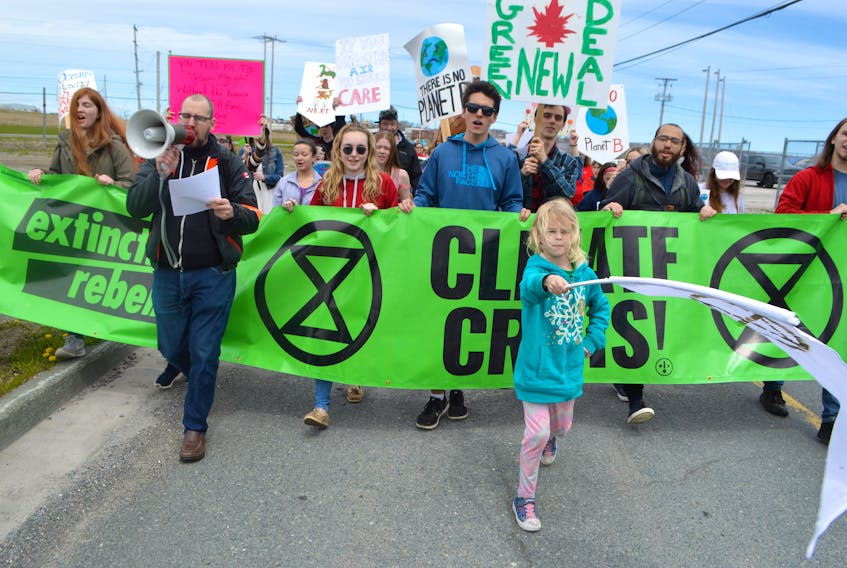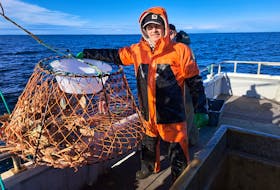A piece in Monday’s telegram asked a seemingly simple question: are we facing “Climate Change or Climate Crisis?” Ten provincial residents (myself included) weighed in, offering a range of takes on this pressing issue.
Reading through it, however, I can’t help reflecting on the role this kind of media treatment has played in creating our current crisis.
The vast majority of scientists agree that human activity (specifically, the use of fossil fuels like oil, natural gas, and coal) is responsible for rapid warming. But when reading about climate change in many news articles, you’d be forgiven for thinking it’s a topic of vigorous scientific debate. Too often, the topic is framed as a matter of opinion, creating the comforting (if false) impression that the problem can be ignored.
Admittedly, it’s tough to properly communicate the urgency of climate change. It’s the perfect example of a “slow disaster,” whose full effects will be felt decades after the damage has been done. Left unchecked, however, the impacts are very worrying: frequent floods, powerful storms, sea level rise, coastal erosion, droughts, and much more. While the exact impacts will differ from one region to another, every location will be affected somehow. There are costs attached to these impacts; economic losses, as well as very real consequences for human health and welfare. Exact costs remain uncertain, but even conservative estimates are unacceptably high.
Unfortunately, there are no easy solutions. We’ve gradually reorganized our towns, food systems, energy networks, economies, and lifestyles around cheap oil; we’ve built a global dependence on the stuff.
Consequently, it’s tempting to ignore the problem – or quibble about causes and best solutions while avoiding real action. This is how we’ve created a “climate crisis” rather than meeting our climate commitments (e.g. 1997’s Kyoto Protocol) when we had time to adjust slowly, we’ve
procrastinated. We now have fewer options and harder choices to insure ourselves against the most severe climate impacts.
Fortunately, for a small window of time we still have choices, and a chance to reduce our reliance on oil. We can trade some of our conveniences for sustainable alternatives; pay taxes that fund lower carbon transport, food, and energy infrastructure; redirect subsidies from the oil industry towards green energy and sustainable development; and support calls for a Canadian Green New Deal, which aims to accomplish these things while protecting our most vulnerable residents.
No doubt this will be difficult, and demand sacrifices in the short term. But right now we get to choose how we pay for a century of fossil fuel consumption, rather than leaving future generations to live with expensive consequences.
Joel Finnis,
MUN Department of Geography
RELATED:









